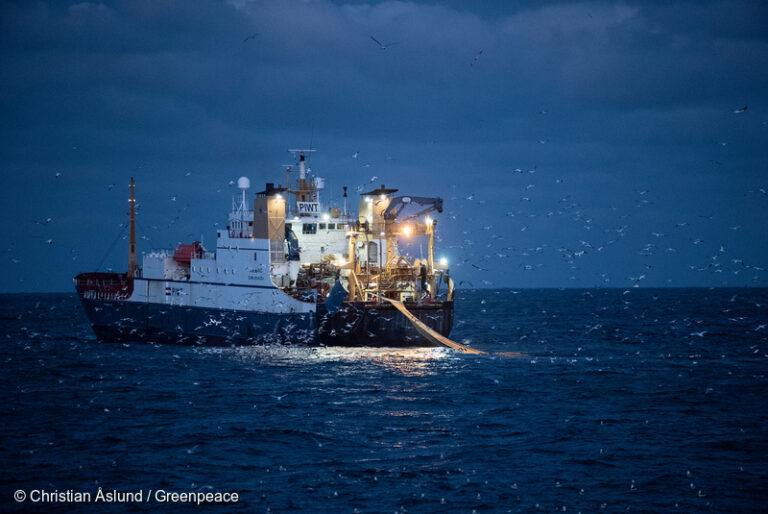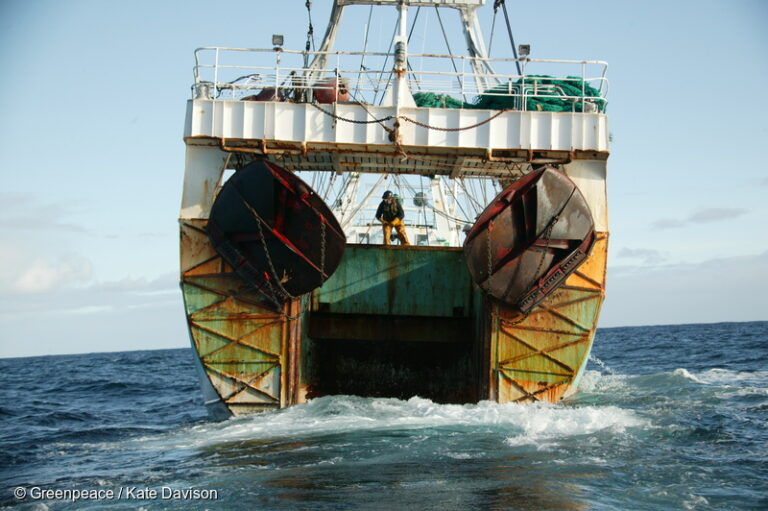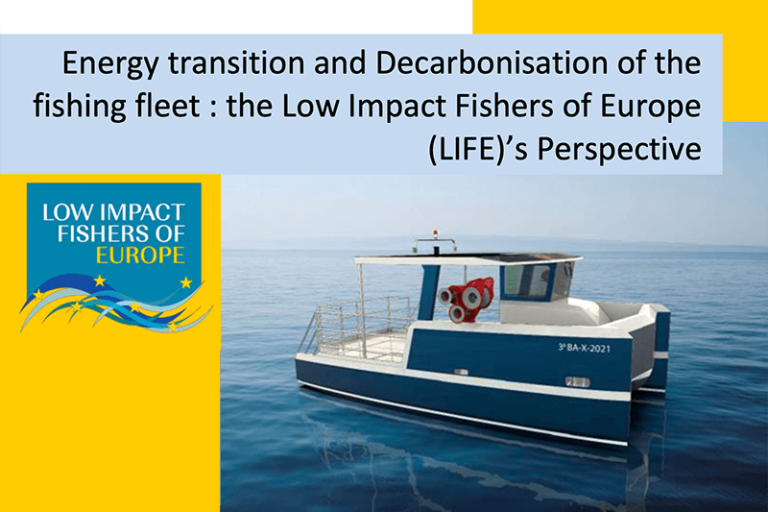On November 23rd, ahead of the first stakeholder workshop on financing the decarbonisation of the fisheries sector on November 28th, ClientEarth and Oceana, along with the Low Impact Fishers of Europe, and economist Charles Berkow held a discussion on the challenges and opportunities of the EU’s decarbonisation process for fisheries.
Background:
The EU has committed to reducing overall emissions by 55% by 2030, and to becoming carbon neutral by 2050. EU fisheries are almost completely dependent on fossil fuels, while many fishing methods are extremely energy intensive and employ destructive methods. In February 2023, the European Commission launched a communication on the energy transition in EU fisheries to accelerate their progress toward carbon neutrality by 2050. Within this communication, the Commission committed to adopting a roadmap for decarbonisation by 2024 and a stakeholder consultation process was launched to support the drafting of this roadmap in June 2023.
The first workshop of this EU process will take place on the 28th of November, and will address the difficult question of financing the decarbonisation of fisheries.
Watch this short briefing to discover challenges and opportunities for financing the energy transition that could successfully lead to the decarbonisation of the fishing industry.
Speakers:
- Arielle Sutherland, Oceana (Decarbonisation and Green transition) – Financing the just transition towards net-zero, sustainable EU fisheries
- Charles Berkow, Stockholm University Baltic Sea Centre – Five ground-rule considerations on decarbonising the fishing fleet (pdf)
- Brian O’ Riordan, Executive Director, Low Impact Fishers of Europe (LIFE)
- Moderator: Flaminia Tacconi, Senior Lawyer at ClientEarth – Introduction to Webinar on Decarbonisation (pdf)




